T4K3.news
Budget questions linger after BBC Breakfast interview
Care minister Stephen Kinnock dodged a direct answer on the two child cap, stressing cabinet responsibility and budget limits.
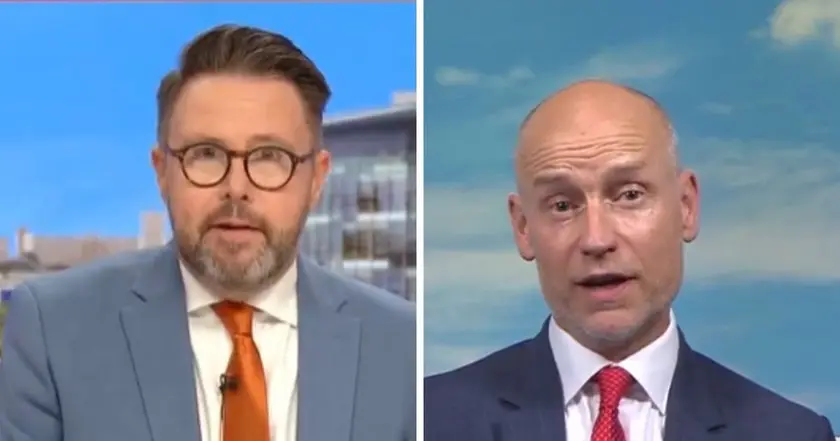
A care minister dodges a direct answer about a contested welfare policy during a live TV grilling.
Labour minister faces tough questions on BBC Breakfast and budget duty
On BBC Breakfast, care minister Stephen Kinnock was pressed about the two child cap, a policy that critics say deepens child poverty. Host Jon Kay asked whether his father, former Labour leader Neil Kinnock, would be right or wrong about the cap, and the minister declined to give a simple yes or no. He argued that budget decisions carry major financial implications and that such judgments belong to the Chancellor and the cabinet.
Kinnock reiterated that he cannot speculate on the budget and highlighted cabinet responsibility, naming Rachel Reeves as the senior figure in charge of the budget. The policy, introduced in 2017, restricts means tested benefits for third or additional children born after that date. Critics say it drives families into poverty, while supporters argue it curbs welfare costs. The government has delayed publishing its child poverty strategy until autumn, and education secretary Bridget Phillipson has warned that removing the cap would come with a high financial cost, even as some argue inaction also carries a price.
Key Takeaways
"You've invited me onto this programme as a government minister"
Minister defends his presence on the show
"Any decisions that have major financial implications for the government are a matter for the Prime Minister, the Chancellor, the cabinet and nobody else"
Response about budget responsibilities
"The cost of inaction is incredibly high because this scars the life chances of children"
Bridget Phillipson on the price of inaction
The exchange exposes a wider pattern in which ministers dodge direct questions by pointing to cabinet or budget processes. It underscores how welfare policy sits at the intersection of politics and governance, where blame and credit shift with budget cycles. The moment adds pressure on Labour to articulate a clear stance on welfare reform before autumn, while reminding voters that decisions with real life impact live at the cabinet table rather than in one minister's answer.
As debates about poverty and family finance intensify, the interview flags potential reputational risk for Labour if it appears unsure about welfare priorities. The autumn poverty strategy will become a test of whether the party can balance fiscal responsibility with social protection, and whether media scrutiny will translate into concrete policy direction rather than political theatre.
Highlights
- Questions demand answers not evasions
- Budget talk must meet real life
- Accountability is not a luxury in politics
- Public trust rests on clear political choices
Budget policy and political backlash risk
The interview highlights ongoing sensitivity around welfare reform and budget responsibility. Delays to the poverty strategy and public criticism could fuel backlash ahead of autumn policy debates.
Policy choices will continue to shape life at home as much as the budget shapes the ledger.
Enjoyed this? Let your friends know!
Related News
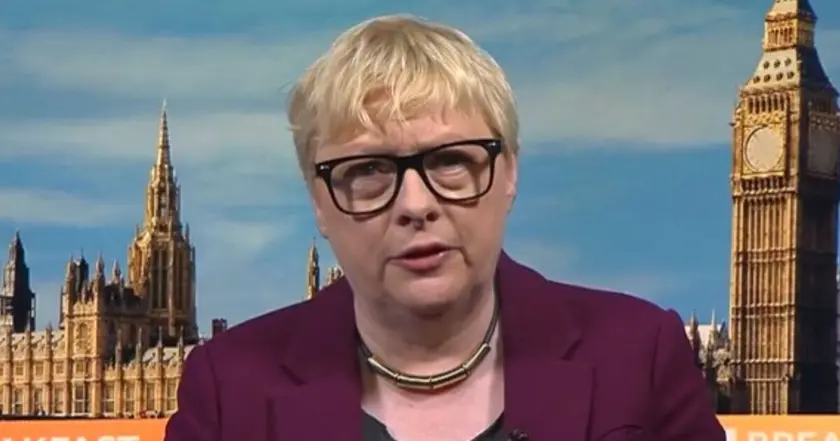
Labour minister criticized during BBC interview
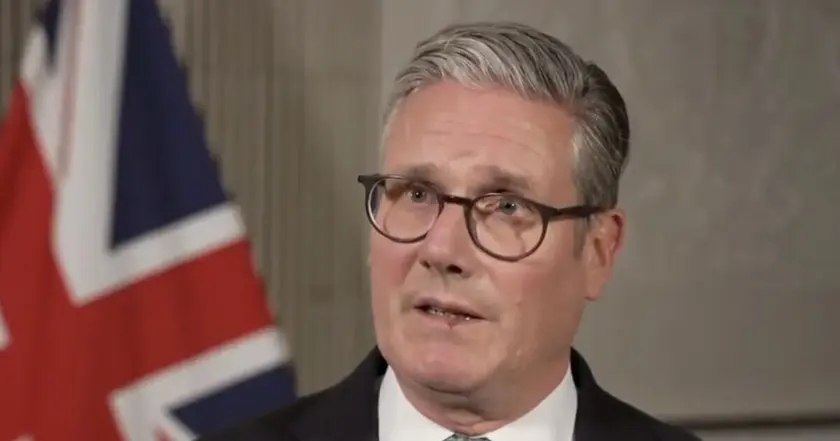
Starmer faces hard questions in Washington
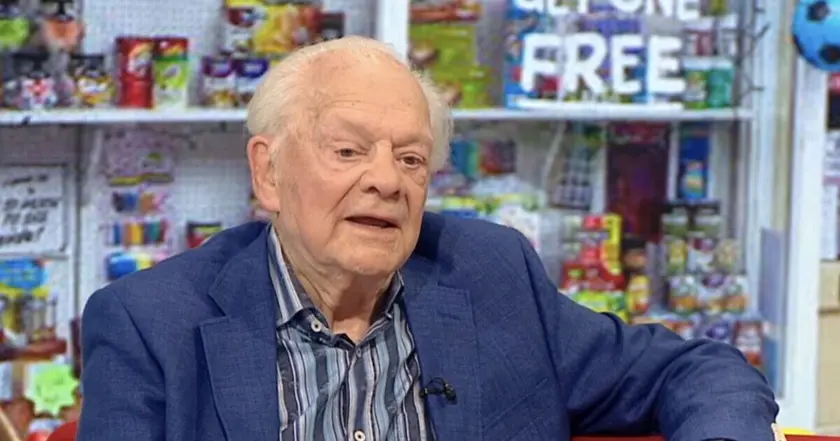
David Jason makes a warm entrance on BBC Breakfast
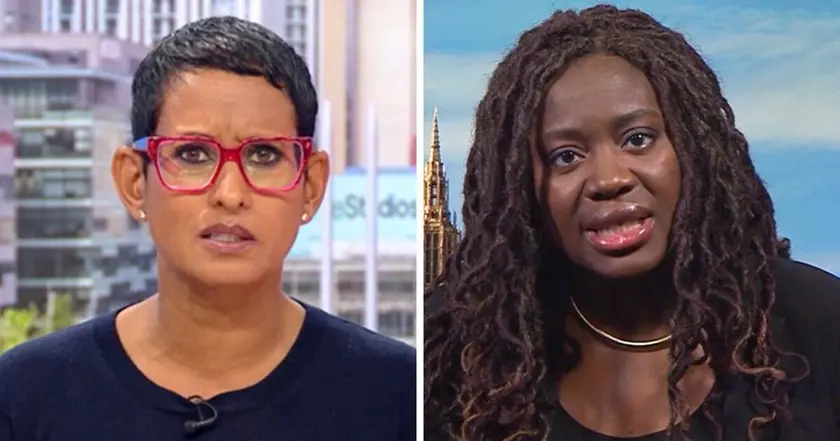
Smart meters policy test on BBC Breakfast
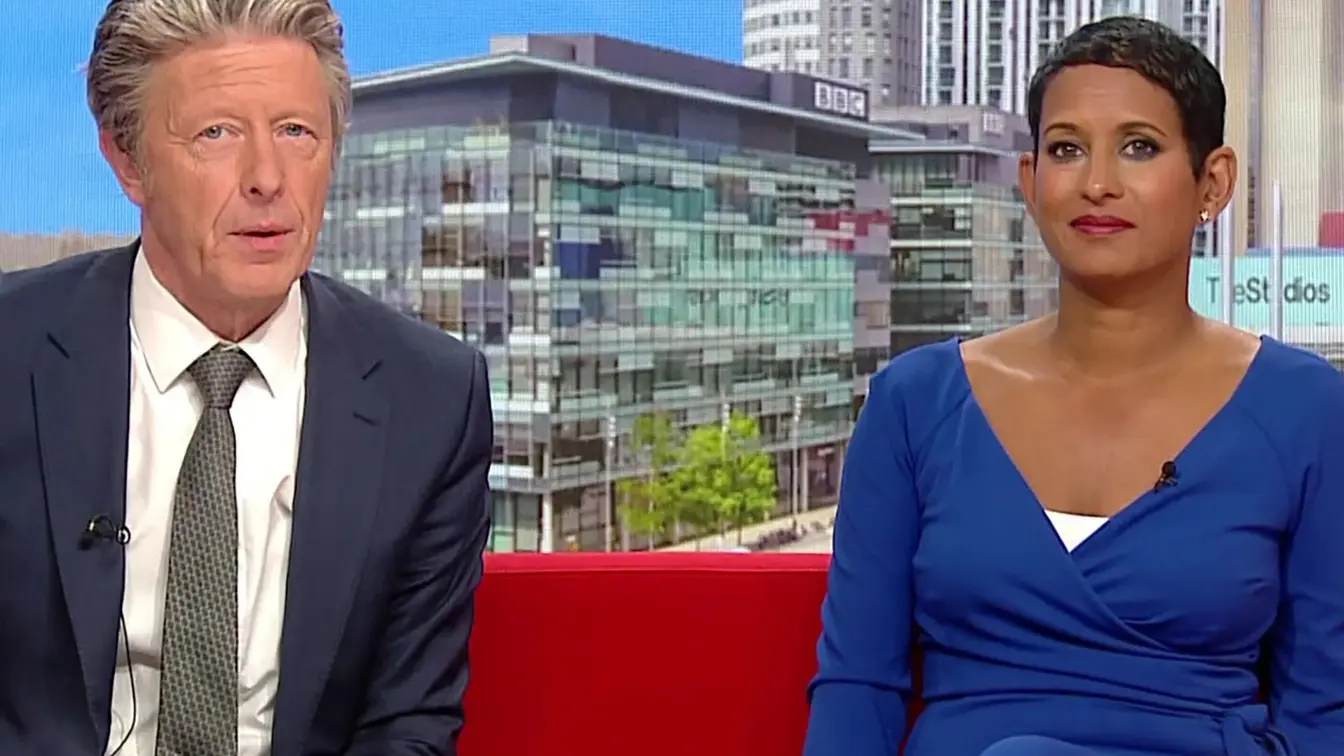
BBC Breakfast faces internal crisis
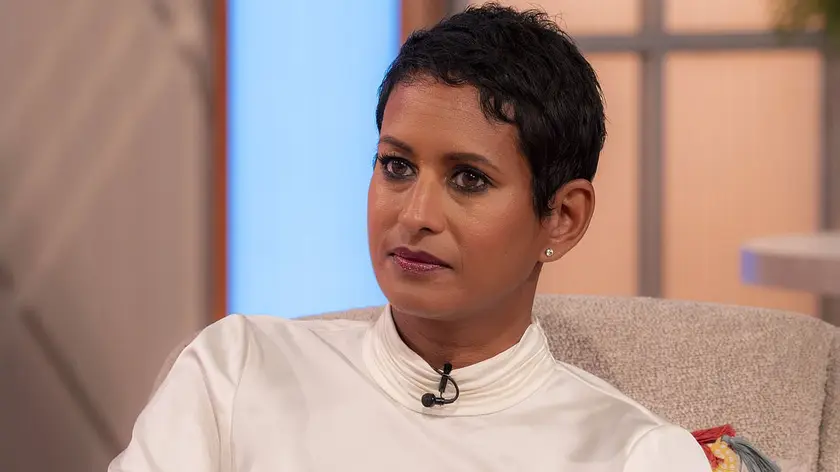
Naga Munchetty could face investigation after complaints

David Jason faces scrutiny over BBC Breakfast moment
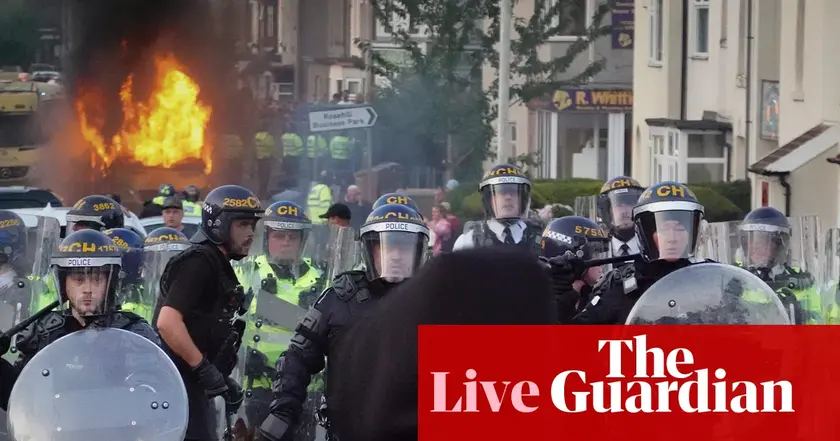
Police will share suspects ethnicity and nationality
